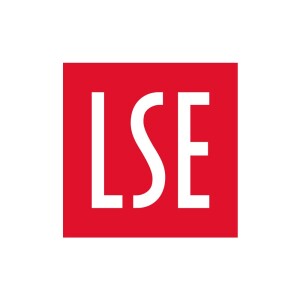![The Political Scar of Epidemics [Audio]](https://i1.sndcdn.com/artworks-000776281780-hfquqz-t3000x3000.jpg)
Speaker(s): Professor Chris Anderson, Professor Barry Eichengreen, Dr Anna Getmansky, Dr Cevat Giray Aksoy, Dr Orkun Saka | Epidemics pose a stress test for governments. Political officials and institutions face the challenge of assembling information and mounting effective interventions against a rapidly spreading and potentially catastrophic disease. They must communicate that information, describe their policies, and, importantly, convince the public of their trustworthiness. If they fail, they may create long-lasting scars in the minds of their citizens, especially on the young generation. This panel will discuss what the political and economic legacy of COVID-19 may be, and how it may shape the public attitude toward political leaders, governments and democracies in the long-term. Chris Anderson (@soccerquant) is Professor in European Politics and Policy at LSE's European Institute. Barry Eichengreen (@B_Eichengreen) is George C. Pardee and Helen N. Pardee Professor of Economics and Political Science at University of California, Berkeley. Anna Getmansky (@anna_getmansky) is Assistant Professor of International Relations in the Department of International Relations at LSE. Cevat Giray Aksoy (@cevatgirayaksoy) is a Principal Economist in the Office of the Chief Economist at European Bank for Reconstruction and Development in London, and a Research Fellow at LSE's Institute of Global Affairs. Orkun Saka (@orknsk) is an Assistant Professor in Finance at the University of Sussex and a Visiting Fellow at LSE's European Institute. Paul De Grauwe (@pdegrauwe) is John Paulson Chair in European Political Economy at the LSE European Institute.
view more
More Episodes
012345678910111213141516171819
Create your
podcast in
minutes
- Full-featured podcast site
- Unlimited storage and bandwidth
- Comprehensive podcast stats
- Distribute to Apple Podcasts, Spotify, and more
- Make money with your podcast
It is Free
- Privacy Policy
- Cookie Policy
- Terms of Use
- Consent Preferences
- Copyright © 2015-2024 Podbean.com







